Life
Sign up for our newsletter
We summarize the week's scientific breakthroughs every Thursday.
-
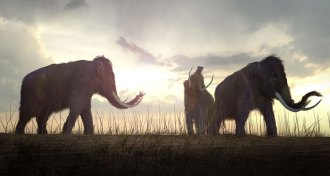 Paleontology
PaleontologyWoolly mammoths’ last request: Got water?
Woolly mammoths survived on an Alaskan island thousands of years after mainland mammoths went extinct. But they died out when their lakes dried up, thanks to a warming climate and rising sea levels.
-
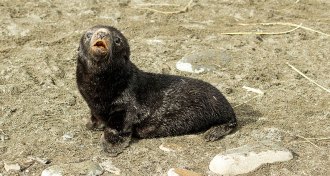 Animals
AnimalsPup kidnapping has a happy ending when a seal gets two moms
A female fur seal kidnapped another seal’s pup. But this turned out to be a positive the young seal, scientists found.
-
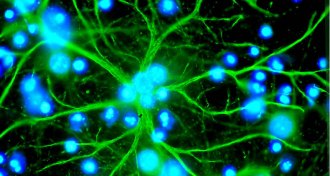 Neuroscience
NeuroscienceGift-giving brain cells are lifeline to injured nerve cells
After an injury, astrocytes give nerve cells a gift of mitochondria, mouse study suggests.
-
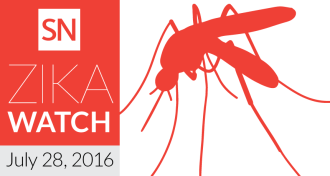 Health & Medicine
Health & MedicineThis week in Zika: Revised risk, new mosquito threat, U.S. on the brink
First potential cases of locally spread Zika crop up in the continental United States, estimates of infection risk, antibodies that can fight the virus and a new mosquito species that may be able to carry Zika.
By Meghan Rosen -
 Plants
PlantsWhy a parasitic vine can’t take a bite out of tomatoes
Cultivated tomatoes fend off parasitic vines as they would microbes.
-
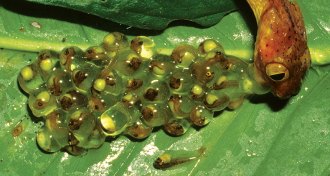 Animals
AnimalsHow Houdini tadpoles escape certain death
High-speed video of red-eyed tree frog embryos reveals the secrets to their getaway plans.
-
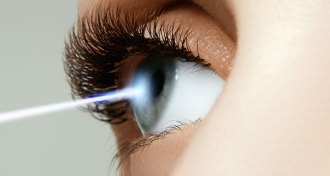 Life
LifeHuman eye spots single photons
Human eyes are sensitive enough to detect individual particles of light.
-
 Earth
EarthScience finds many tricks for traveling to the past
Our editor in chief discusses what science can tell us about the past.
By Eva Emerson -
 Animals
AnimalsReaders ponder animal flight
Readers respond to the June 11, 2016, issue of Science News with questions on cormorants, butterflies, virus-sensing genes and more.
-
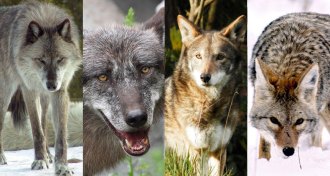 Life
LifeDistinctions blur between wolf species
Red and eastern wolves might be gray wolf/coyote blends instead of distinct species
-
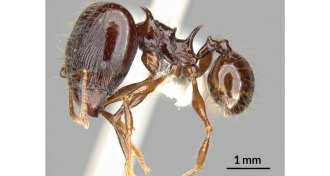 Animals
AnimalsNewly discovered big-headed ants use spines for support
Two newly discovered ant species provide new insights into spiny evolution.
-
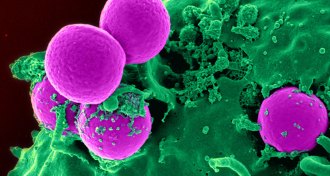 Life
LifeThe nose knows how to fight staph
A bacterium isolated from the nose produces a new antibiotic active against resistant pathogens.
By Eva Emerson